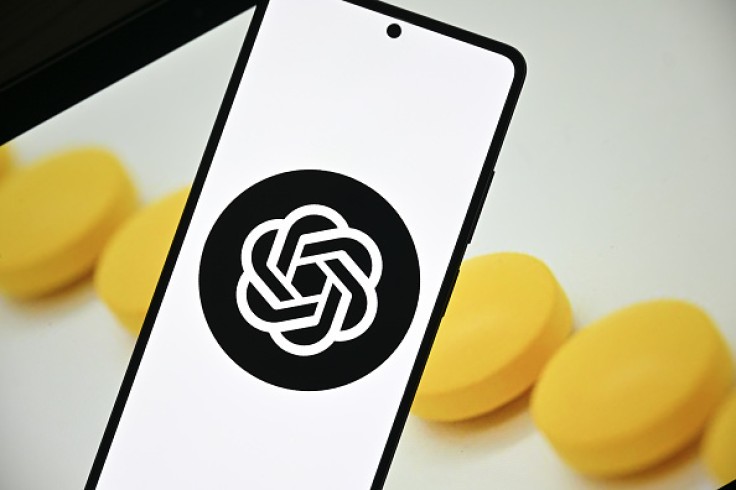Anyone paying attention to the development of AI has a reason to be afraid for their jobs. After all, there are already a couple thousand employees who were laid off as AI replaced them. However, with the recent test with ChatGPT regarding the diagnosis of medical cases, doctors don't have to worry just yet.

ChatGPT's Abysmal Success Rate
Artificial intelligence can be very useful in the medical sector, especially since it can help diagnose illnesses by matching symptoms with a vast database of data in just seconds. With the recent test using ChatGPT, the hopes for that seem to be fleeting.
The AI model has already been tested before and had a 39% accuracy rate, but it only got worse as OpenAI, the developer of ChatGPT, released GPT-4. The fourth version was worse at diagnosing kids or pediatric cases, as reported by Ars Technica.
JAMA Pediatrics and NEJM provided the chatbot with 100 pediatric cases between 2013 to 2024, all of which were challenges. Physicians have also participated in trying to solve these quizzes to get the correct diagnosis for complex cases.
The chatbot was so bad that it fell to only 17% when it came to the success rate. This serves as both good news and bad news. The good news is that medical jobs will still be secured. The bad news is that the medical sector can't take advantage of the technology just yet.
Although previous studies show that general diagnosis is already not that good of a success rate to begin with, medical care in children needs more factors to consider such as their age, which is why the accuracy rate has dropped.
Unlike adults, children sometimes cannot point out what they're feeling all that well, meaning that doctors might miss a few key symptoms to accurately diagnose them. That's more true for babies who cannot speak yet.
It's Not All Bad
There are many applications in which AI can be used in the medical industry, and not just playing doctor. In fact, it has been very useful in some cases such as making a man walk again after being paralyzed in an accident.
For example, an AI-powered brain implant helped a man named Keith Thomas regain movement to certain parts of his body, and even feel sensation again by re-establishing connections between his, brain, body, and spinal cord.
The AI chip was developed by Feinstein Institutes for Medical Research, and took about 15 hours to implant the chip through brain surgery, as reported by Interesting Engineering. Keith had to undergo awake brain surgery to make sure that the AI chip was working.
One of the surgeons who performed the surgery, Dr. Ashest Mehta said that they had Keith's images and he was talking to them during parts of the surgery, which helped them determine where to place the brain implants.
"We inserted two chips in the area responsible for movement and three more in the part of the brain responsible for touch and feeling in the fingers," said Dr. Mehta. After the surgery, Keith managed to feel sensations after not being able to in the last three years.









